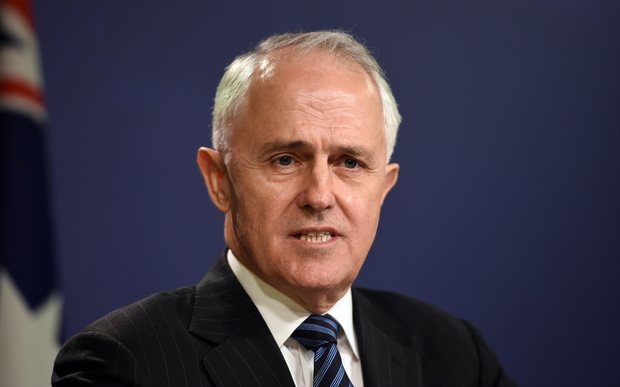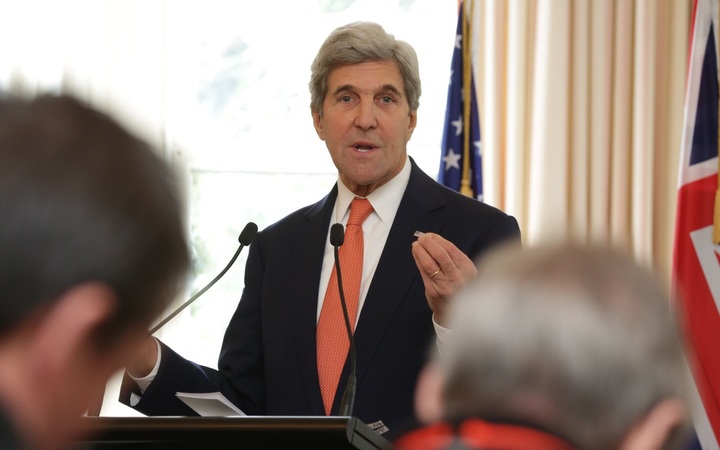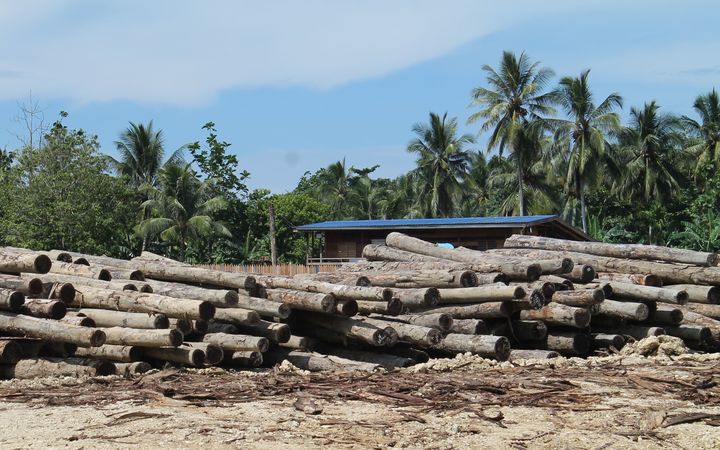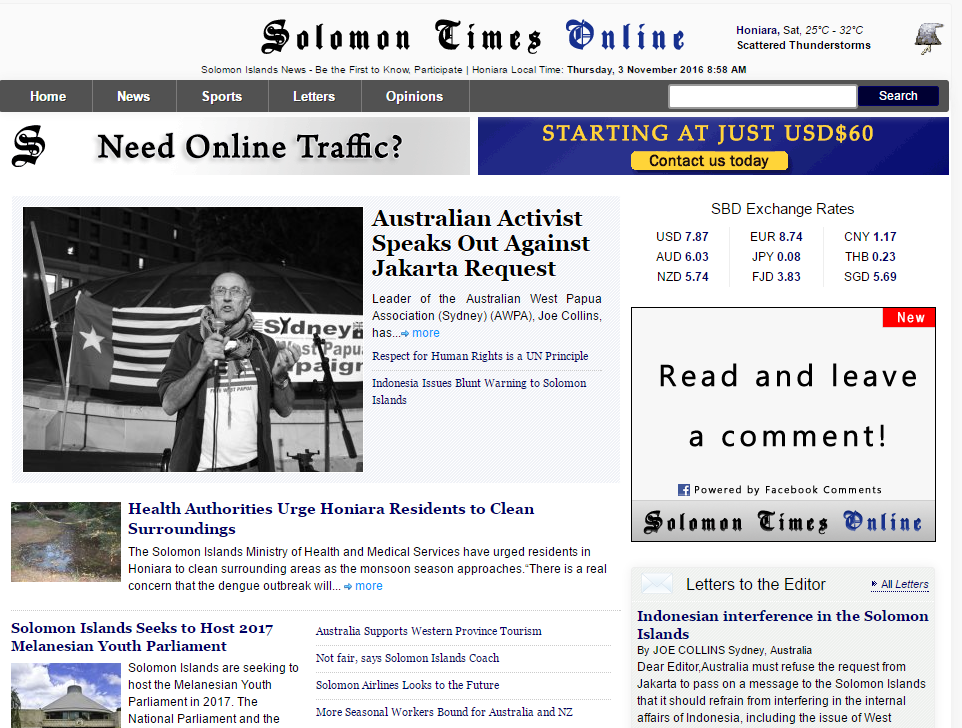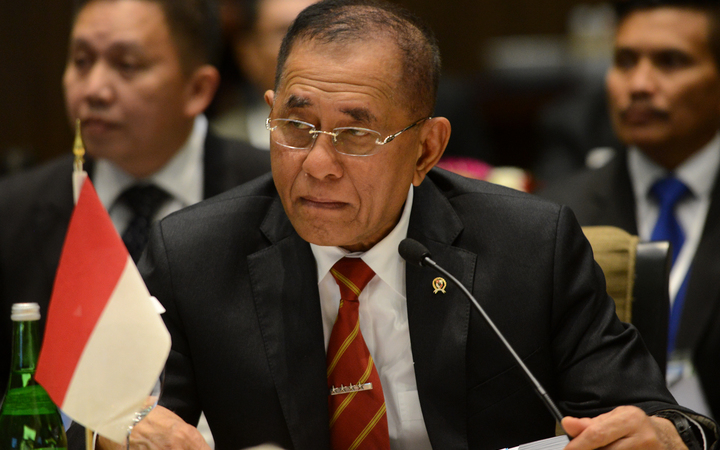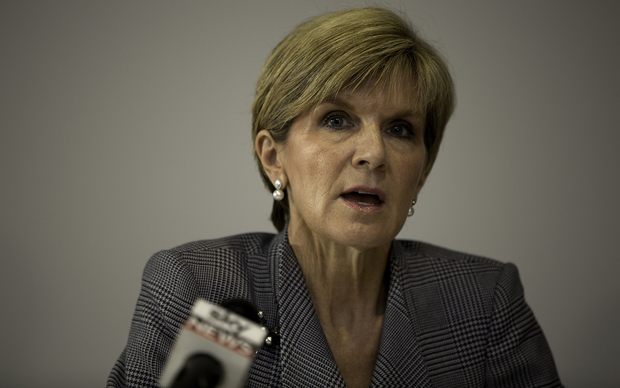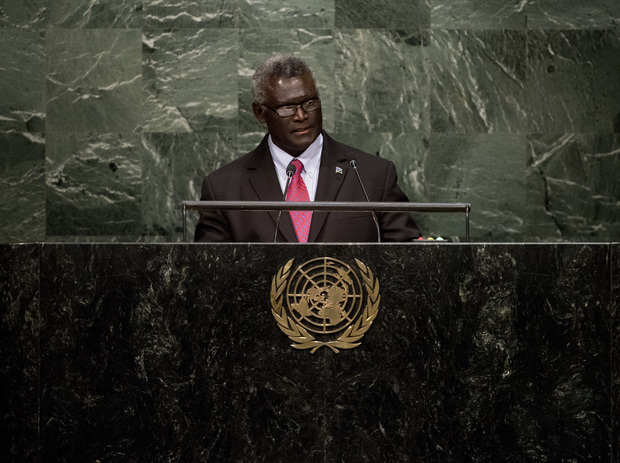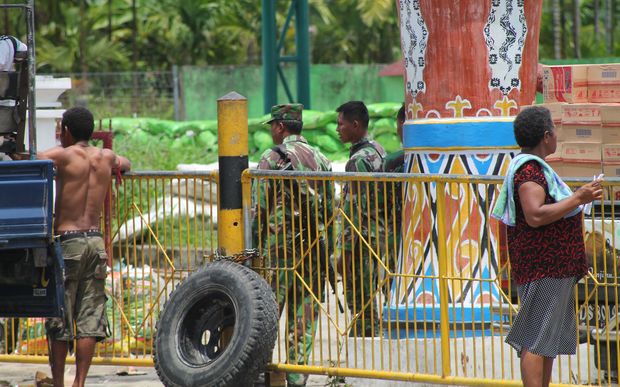Jayapura, Jubi – Sampari, sebutan bintang pagi dalam bahasa Biak, dijadikan judul sebuah pameran seni dan serangkaian pameran budaya Papua Barat, serta mengeksplorasi kebangsaan, ekologi, politik dan sejarah Papua Barat.
“Tujuan utama dari pameran ini adalah untuk meningkatkan kesadaran masyarakat Papua Barat yang berharap mendapatkan kemerdekaan dan hak untuk menentukan nasib sendiri,” kata DR John Ballard, Wakil Rektor Universitas Katolik Australia melalui rilis yang diterima Jubi, Kamis (8/12/2016).
Pameran ini menampilkan tiga puluh enam karya lukis dari seniman dari Belanda, Amerika, dan Australia, serta negara-negara Melanesia seperti Papua Barat, Maluku, Kepulauan Solomon, Vanuatu, Fiji, dan Papua New Guinea. Lukisan yang dipamerkan pada umumnya menggunakan cat minyak dan akrilik di atas kanvas, charcoal di atas kertas, tinta, lino cut print, ilustrasi vektor komputer pada kayu, etsa, kolase, terra cotta yang membentuk relif, benda-benda alam mentah, macrame, seni digital dan fotografi.

Saat membuka pameran seni Sampari yang merupakan pameran seni kedua kalinya dengan tema WEST PAPUA di Galeri ACU Art pada tanggal 2 Desember 2016, DR John Ballard menjelaskan karya-karya seni yang spektakuler ini ditata di ruang publik universitas untuk meningkatkan kesehatan psikologis dan fisik dari orang-orang yang telah mengalami pendudukan rasis selama lebih dari setengah abad.
Pameran ini juga menampilkan dua puluh delapan kartun yang diterbitkan setelah kedatangan 43 pencari suaka Papua Barat pada tahun 2006. Para pencari suaka mencapai pantai barat Semenanjung Cape York pada 17 Januari 2006. Saat itu, Menteri Imigrasi Australia, Amanda Vanstone percaya klaim dari para pencari suakan dan menerbitkan visa perlindungan, yang kemudian memicu kemarahan di Indonesia. Presiden Yudhoyono menarik duta besarnya.

Perdana Menteri Howard mencoba mengelak dengan menyebutkan pencari suaka ini sebagai pendatang gelap (pengungsi). 10 bulan setelah kedatangan 43 orang ini, Indonesia dan Australia menandatangani perjanjian formal (Traktat Lombok) yang melarang orang Papua Barat mengibarkan bendera Bintang Kejora di kedua negara!
Fakta politik di belakang Traktat Lombok ini ditangkap oleh kartunis John Spooner yang menerbitkan karya kartunnya pada koran The Age, 9 November 2006. Sejak saat itu, dua puluh delapan kartun lainnya telah diterbitkan di media mainstream. Kartun-kartun ini menegaskan jurang yang dalam antara kekhawatiran dan opini masyarakat Australia dan bagaimana politisi mereka menterjemahkan keprihatinan dan opini mereka pada kebijakan pemerintah Australia.
Ruth McDougal, kurator seni Pasifik di The Qld Art Gallery dalam katalog pameran menjelaskan karya-karya seni rupa yang ditampilkan dikerjakan bersama oleh seniman dari seluruh Australia.

Mereka membangun dinding solidaritas spektakuler melalui karya seni bersama saudara-saudara Melanesia. Sampari berusaha memberikan bentuk yang sama dari tempat tinggal dan untuk mewujudkan fungsi edukatif yang sama,” tulis Ruth.
Sampari, lanjutnya berusaha untuk melibatkan warga Australia dalam percakapan tentang budaya dan sejarah Papua Barat untuk mengamankan masa depan yang lebih manusiawi untuk bangsa Papua Barat.
“Karya-karya ini merupakan referensi bentuk tradisional budaya, simbol kekuatan, ketahanan dan kebebasan, serta aspirasi sosial dan politik bangsa Papua Barat saat ini,” ungkap Ruth. (*)
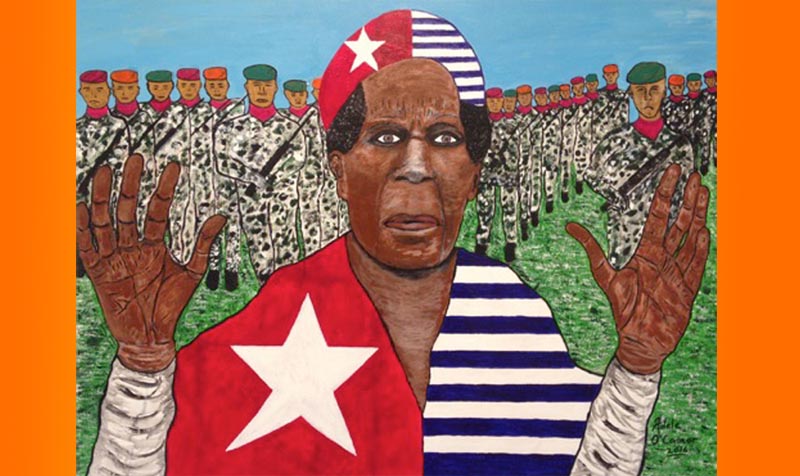
 Indonesian police arrested 106 West Papuans praying in a park in the coastal city of Sorong in West Papua
Indonesian police arrested 106 West Papuans praying in a park in the coastal city of Sorong in West Papua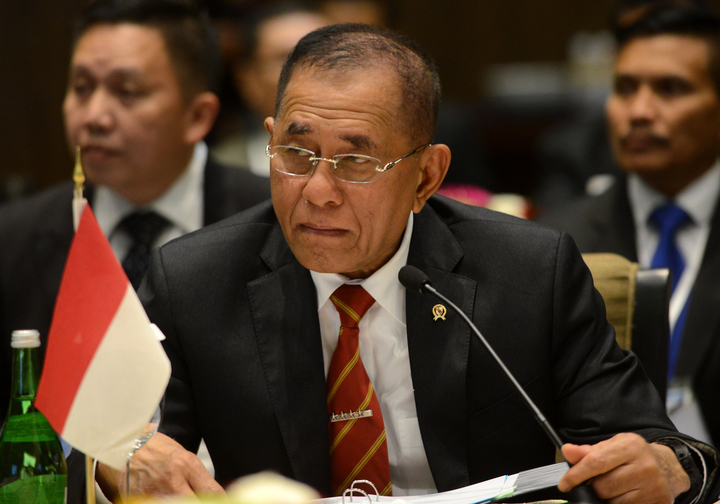
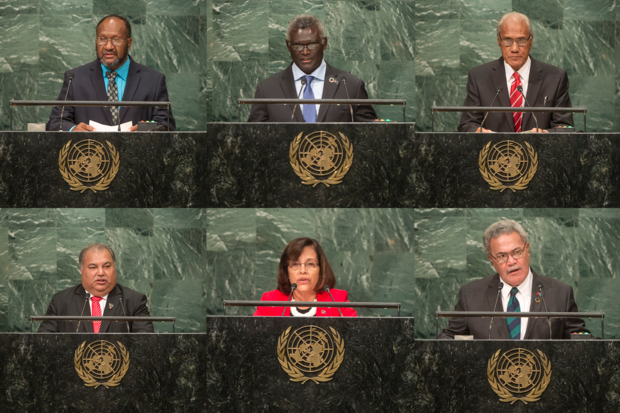
 Matavai Pacific Cultural Arts
Matavai Pacific Cultural Arts
